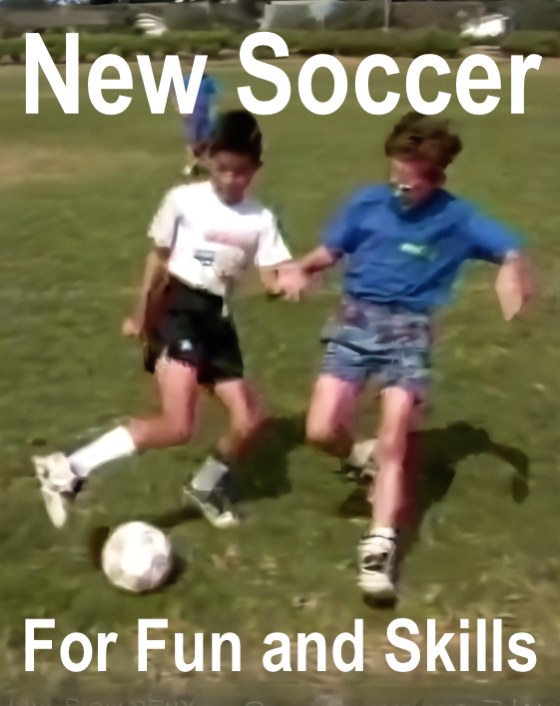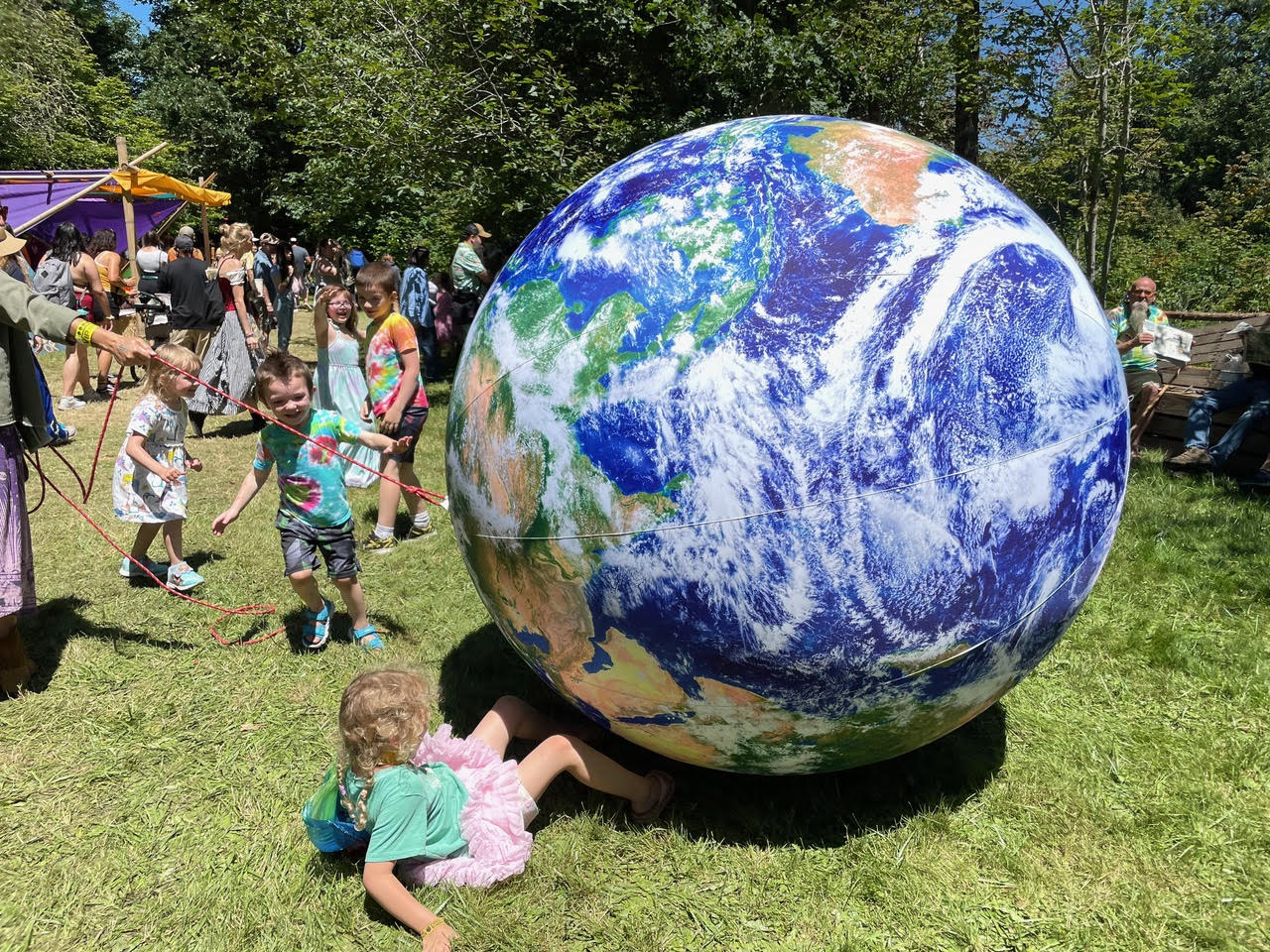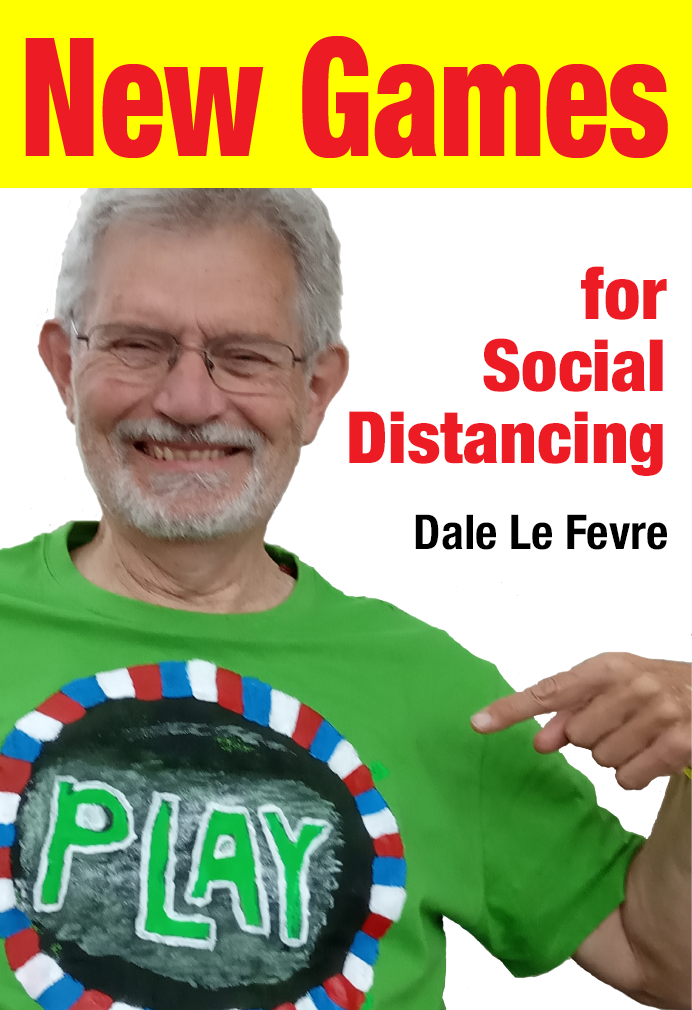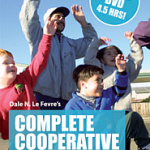This may be your last chance to register your possible interest in this workshop. There’s no obligation in signing up, it’s just so I don’t spam people who aren’t interested. If you are even slightly interested in training up as a New Games trainer in Sheffield on the weekend of 21/22 April 2018, let me know here. Otherwise, this may be the last you hear from me about it.
Transcript:
Hi I’m Dale LeFevre, I’m a New Games trainer and I present New Games
And I’m John Allsopp and I’m a marketer, for New Games
Yay!
So, one of the things that attracted me to working with you on New Games was the idea of essentially bringing something good to the world. Politics swings on a pendulum and it seems to have gone off in the direction of more division and New Games seems to be about bringing people together and you’ve done a lot of work with that kind of thing with people who are embattled
Yes, now I see where we are going with this, I worked in Northern Ireland during the troubles to work with Catholics and Protestants together, I’ve been in Israel with Jews and Arabs and I’ve been in Croatia with Croats, Serbs and Muslims doing the games, and in South Africa during apartheid doing the games with white people and black people together and everywhere I’ve gone I’ve had these kinds of things happen where people who were normally in opposition are brought together and it doesn’t solve all the problems but it at least creates friendly contact, that’s a start for building bridges to each other so they can participate in the games, enjoy them together, have a laugh together, have fun together, it breaks down some of the barriers that are there so they begin to relate to each other and be friendly.
And also we’ve talked about this in business where you’ve got the software development team and customer service and they’re kinda going like this at each other and it kinda works in that context as well.
Yes because it shows each in a new light, they see each other in a way they haven’t seen each other, ever, before and “oh, I didn’t expect that from that person, that’s interesting”, again having fun together creates some bonds. Now, if you just go into the games that’s not going to solve all the problems that they are having but it’s a start, it begins a conversation, it gets things moving and then if people have problems they wanna talk about somebody has to actually listen to that and do something about it. It doesn’t mean that everything people say you have to respond to and change, but you have to at least be receptive to some of the ideas and do something because otherwise people get even more frustrated and that’s not what you want.
And one of the things that, when we think about, I mean, these are active things you have to get up and move around
Not all!
OK
There are some games that are quiet
OK, cool, and that puts us in the space of sport and activities and that kind of thing but the difference with sport is that you kinda have to be skilled to participate whereas this is inclusive, is that fair?
That is a very fair statement, because you don’t need to be skilled, you don’t have to be a top athlete, in fact most of the people I work with are not top athletes and it includes them whereas sport and recreation things as you get older they get more and more limited for who can participate. You can’t just walk on to .. I live near the Sheffield United football stadium, you can’t just walk on the pitch and say “oh, I’m going to play ” they are not going to let you unless you are extremely talented. With New Games anybody can play and everybody is invited to. If you choose not to, that’s OK but if you want to, you can. It doesn’t matter if you are in a wheelchair or on crutches or you are very old and you can’t move quickly, we can adapt the game then to fit the player, not .. the players don’t have to fit in the game. So anybody can play, that’s a major difference. Now, another thing is that those who are in sport, who are at elite level can join in New Games as well and play just for fun because they don’t have to worry about winning. It gives them “ah”, it’s like a breath of fresh air for them like “oh, I can just play and have fun, yay” and maybe they do that in their sport but winning seems to be so important whereas in New Games winning is an element of some of the games but it doesn’t matter who wins, you know, “ah, you won, here, you can start the next game, here, let’s keep playing”. We don’t stop and dwell on “oh, the winner, so great, ooh”, it’s not like that.
We talked in a previous video about the freedom to go around and, you’ve been all around the world delivering New Games, was there a moment in that kind of journey where you thought “wow, I never thought that the New Games journey would get me to this place”?
Well I can almost start from the beginning when I first came to California because I really wanted to go to California and specifically San Francisco and “ahh” you know to have a way to get there and be there and be involved, that was a big moment for me. Also, I was a very shy young fella and I took a speech class in high school when I was about 16 and I had to get up in front of my class and give a speech and ah, it was excruciating.
I was the same, terrified
I did take a speech class in college, university, where .. it was the best choice I made because I thought well, sometimes I might have to be in front of a group so I should really, and it was the opposite experience where the teacher has us, he graded us on what we said and, if you stood there and just talked like this but if what you said was good he gave you your grade on that and then he would ask people to say what, you know the class, what did you like about how so and so presented this speech, and you get feedback and you’re like “oh yeah, I did do that” and “What might you do differently? So where could you improve?” like, you know, OK, make gestures while you are speaking or whatever it was but if you didn’t do those things you wouldn’t get graded down, so I incorporated that into my workshops. When people present a game I ask them like “what did you like about what so and so presented this game” and then like “what other ideas might you have about what they could do” and it’s a very gentle way, a very supportive way rather than “WELL, you did this wrong and that wrong”, people do that to themselves “oh, I was terrible, I didn’t do this ” .. positive re-inforcement because a lot of times we do a lot of good things and we don’t give ourselves credit and we have trouble even accepting praise for it so, or hearing it, but it is good to hear it because we then realise “oh yes, I can do this and I have done it”
And from that speech class where you were shy, you’ve done New Games in front of a big crowd
Yes, once I did a presentation in front of 2,000 people and led games with them. Now we had a microphone and a video camera and a big screen so people could see what I was saying but yes, that was really a trip for me to be in front of that many people and doing something and .. with New Games I know the subject and I love it so it’s easier for me to do that.
Wembley Stadium next
OH! Well why not!
So, another couple of questions, Veljko Armano asks when we could do digital training, and that is something that .. yes .. we will come to that. Not yet. Not tomorrow. But definitely something in the pipeline.
Can I ask, what is your conception of what that means? Does it mean streaming videos or
You do have videos on your website, but, something that’s structured and takes people through a series of lessons, I guess, so that they feel that they’ve gone from A to Z and now know everything that they need to know about leading games, so it has some structure to it
So it sounds like doing a mini workshop where people present games and we go through the process of describing where we give them feedback about how they did and what they might do differently and that would give people viewing it online an idea how to do it
Yeah, that sounds ..
We’d better charge them ..
I think so
and Kit Klein asks how do you include people with physical challenges, I think we’ve covered a little bit of that
Well we have, we just include them, and .. if we’ve got a game and we’ve got very old folks who can’t really move that quickly instead of having a running game we have a walking game and we walk instead of, and if we have some enthusiastic walkers who are going to walk fast, we maybe have them go heel to toe, heel to toe which slows them down considerably. And so then everybody has an equal chance to participate in the game, that’s like one example. You don’t have to think of all the ideas yourself, like “oh gosh, what do I do?” you can ask the group “how can we make this so that everybody can participate and have an equal chance to enjoy the game?” Take ideas from the group. It might not work, and that’s OK. Can we try something else? And eventually you find ways of including people. It’s good if you have an idea or two going in but you don’t have to have, be the repository of all knowledge, the group is a very good resource for you to use in this case.
Kit was also asking “do we have ideas, when you’ve been on the course and learned how to run New Games, how we can help you market yourself as a New Games practitioner and will you be listed on the website?” and the answer to that is ‘yes’, but also
We can do it by region too so by town or whatever so if people are looking for a New Games person in Filey or some place they can look and say “ah yeah, there’s somebody” so at least if they are nearby
Exactly, so this is my role really that on the one hand I want to deliver the message of New Games in a global sense so that people are looking for New Games and looking for a practitioner and come to the website so go looking for somebody, but also if you are running, you want to run a class in a city, let’s say a weekly class, then I want to create a community of New Games Leaders so that so that we can share our experiences and obviously Ihave ideas about how you could market a local class but obviously everyone who is doing it will have their ideas too and we’ll just find the best ideas and piece it all together, together, so that’s the approach.
Very good
So we have the class to learn how to be a New Games Leader on the weekend of the 21st of April 2018 in Sheffield, it’s the only one planned for Sheffield, it’s the only one planned at all but it’s definitely the only one planned for Sheffield so if you are interested in knowing more about that, it’s not a commitment to come along or anything , there is a form somewhere around, maybe on the video itself, where you can enter your details and hear more about coming along to that.
And I wanted to briefly explain what happens in a New Games Workshop, I don’t want to draw it out but give people an idea. First of all, first and foremost, we play the games, so you have an idea what they are. I’m not going to tell people what they are going to experience, I want people to experience it for themselves, so for the first hour, hour and a half, we play the games. Then we sit down and look at, well, what makes New Games new, what are they and we draw out the concepts so that again it’s not me telling people , we look at their own experience of it. I might add a comment or two, but mostly we look at what people see for themselves. Then we look at how to create games, how to make a game out of some different elements, and so we get into small groups and take three elements and OK, you’ve got 10 minutes, create a game out of these. They can bring in other elements if they like, maybe downplay one of them or whatever but, so we get new games almost every workshop because people are making them right on the spot. Then we look at different kinds of games, there’s trust games, creative play, and soft war games which are very physical but safe. On the second day we look at leadership of New Games, how to lead the games, what are the elements that make a New Games Leader? And then we have people partner up, pick a game, and practice with their partner presenting the game as if they were leading the group. That gives them kind-of a rehearsal. Then we have them lead the groups with the people who are in the workshop and we give them feedback like I described like “oh, what did you like about how John presented the game”, “have you got any comments that you would like to make about how it could be presented differently or maybe how John might think about something he might do” and we go through that and everybody gets a chance to lead and then towards the end we have like a mini festival where people can invite their friends, family, we put a notice out to the community where people can come and join in and people in the workshop lead the games so they have a real live experience leading the games and afterwards we talk about what their experience was doing that, and that’s basically the workshop. They leave the workshop having practised leading New Games with people in the workshop and with people not in the workshop, so when they leave they have led New Games themselves and that really helps them so when they get into their own situation, work or family or whatever, they can do it by themselves.
Sounds fantastic
Yeah
Great fun
And of course we have the books, DVDs and streaming videos to support that so if they are like “oh, I forgot how to run this game” they can read about it or watch the video.
Excellent, great stuff, that is going to be great fun. So, err, see you in April!
Be there!


 New Soccer
New Soccer New Fully Printed Earthball
New Fully Printed Earthball New Games For Social Distancing
New Games For Social Distancing Complete Cooperative New Games (DVDs or Downloads)
Complete Cooperative New Games (DVDs or Downloads)
Follow Us